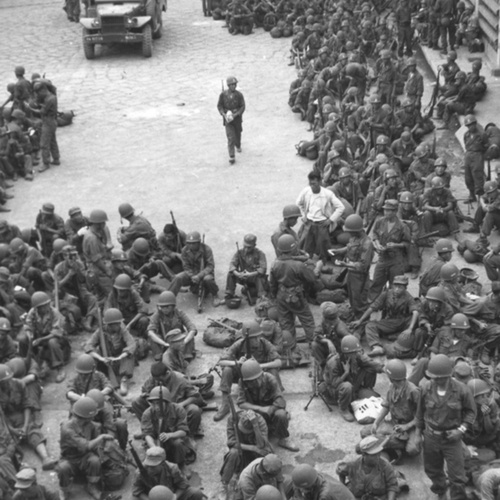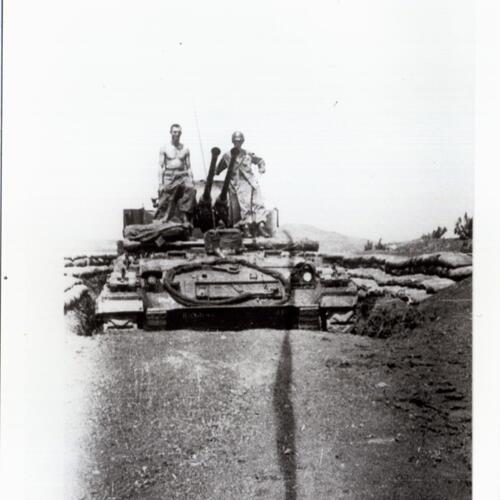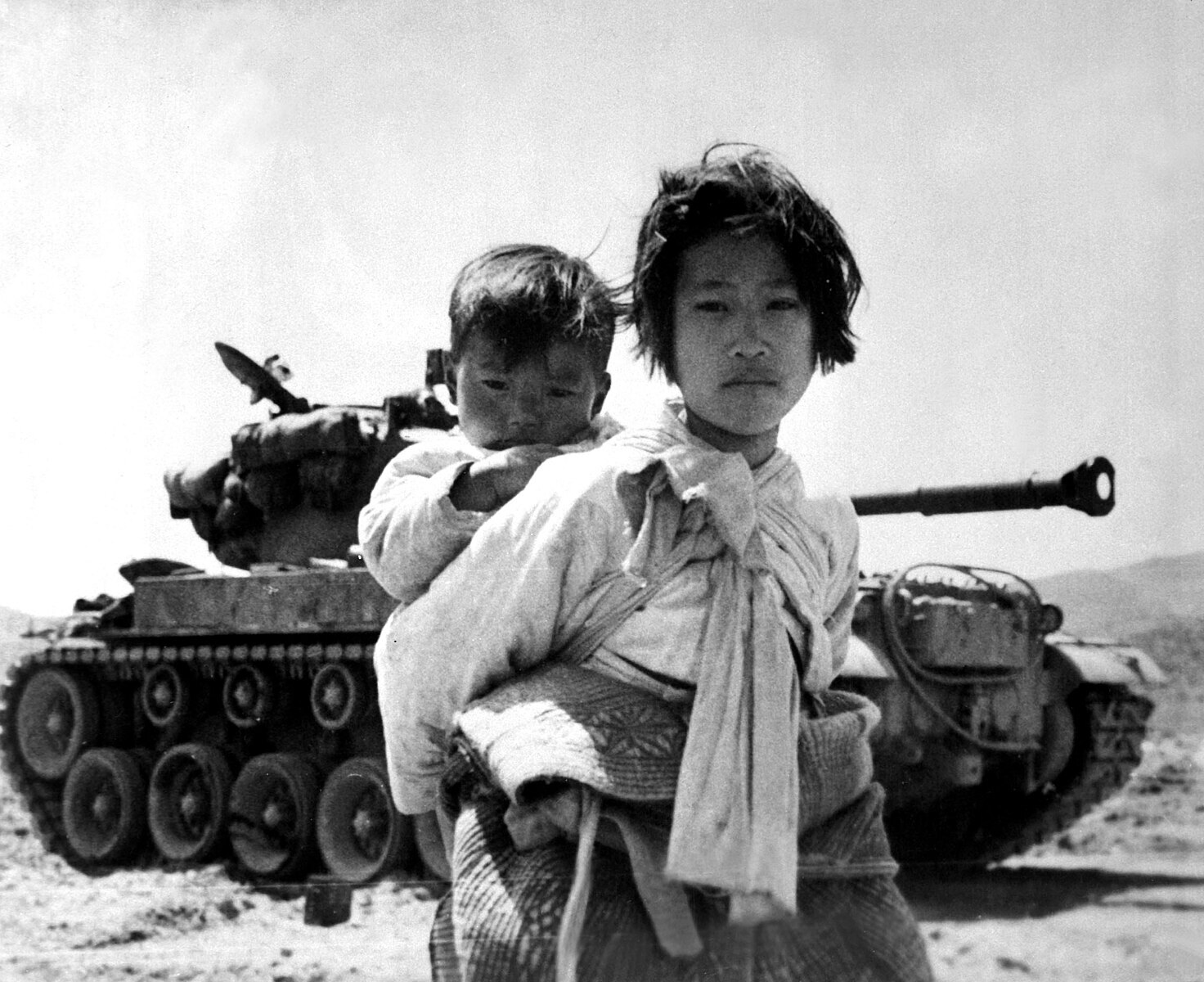Korea: Forgotten Proxy War
Division of Korea and the Rise of Opposing Regimes
After World War II, Korea was divided along the 38th parallel, with the Soviet Union occupying the North and the United States occupying the South. This division led to the establishment of two rival governments: the communist Democratic People’s Republic of Korea (North Korea) under Kim Il-sung and the capitalist Republic of Korea (South Korea) under Syngman Rhee.
Soviet and Chinese Support vs. US-Led UN Coalition
North Korea, backed by Soviet weapons and advisers, invaded South Korea in 1950, aiming to unify the peninsula under communist rule. The United States, leading a United Nations coalition, intervened to support South Korea, while China entered the war to aid the North. This escalation turned the Korean War into a major Cold War battleground.





